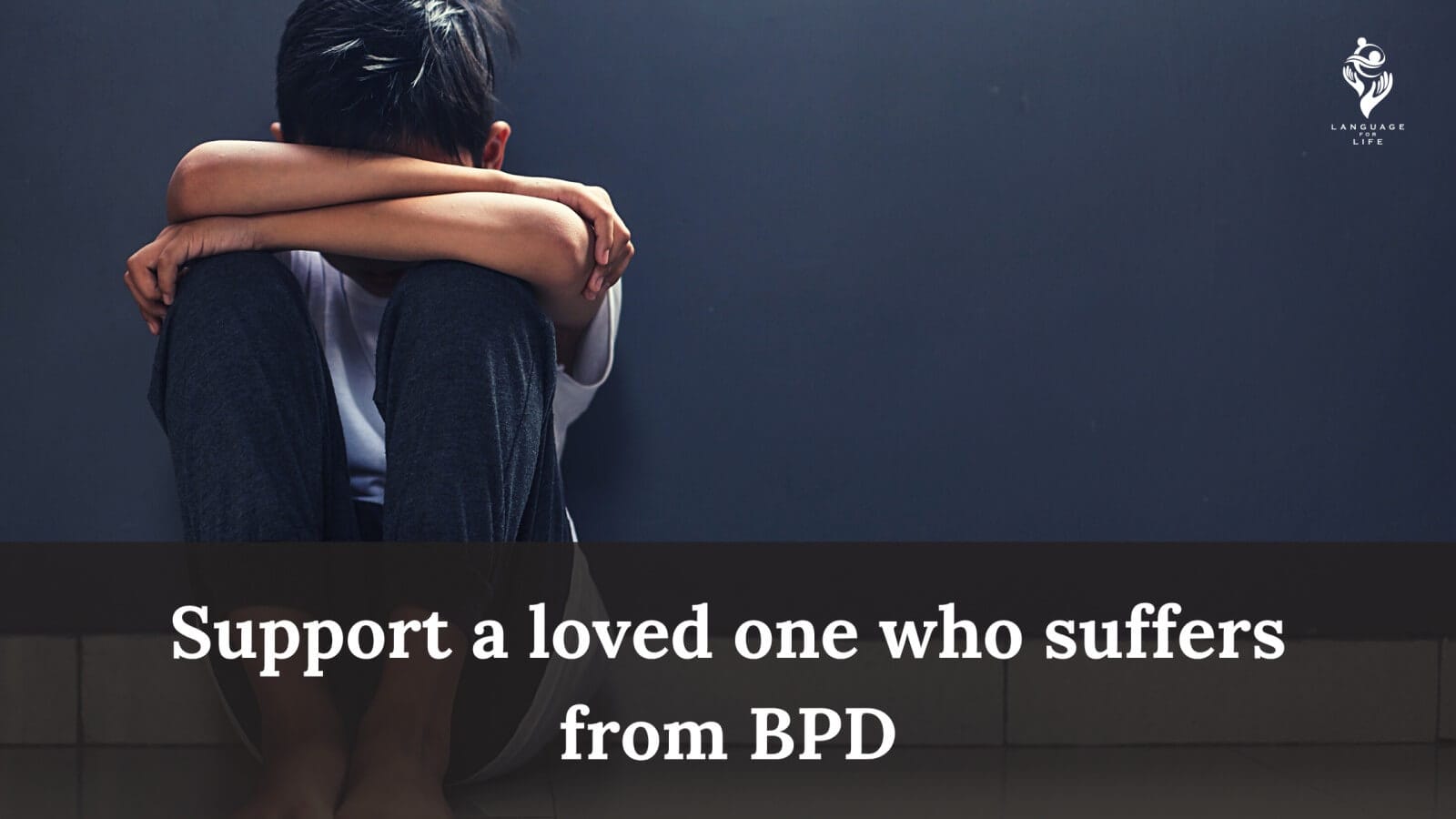What is BPD?
Feeling deceptive or disconnected from reality? Borderline personality disorder is a mental health condition that affects how you perceive yourself and other people, which makes it challenging to carry out daily tasks. Issues with self-image, trouble controlling one’s emotions and conduct, and a history of rocky relationships are all included.
Young adults with BPD symptoms are at higher risk for poor adult functioning, including poor social, academic, and occupational outcomes because these symptoms interfere with normal developmental processes.
On the bright side BPD can be cured, Psychotherapy is the main form of treatment for borderline personality disorder, which may assist with developing coping mechanisms. Necessary treatment is also required for any additional mental health conditions, such as depression or substance abuse, which frequently coexist with borderline personality disorder. With treatment, you can live a more secure, fulfilling life and feel better about yourself.
Causes of BPD
- Parental Mental disorder – You can be more prone to BPD if a parent has a history of mental illness
- Environmental factors – A young teenager who has neurological weaknesses and grows up in an invalidating environment is at risk of having BPD as an adult.
- Depression – Early start of psychiatric illnesses, such as depression and drug use disorder, puts children and adolescents at risk for social and scholastic impairments and interrupts normal development for everyday functioning, which leads to the formation of personality disorders in adults.
Symptoms and signs of BPD
- Emotional instability;
- Excessive fear of being abandoned, even to the point of taking drastic efforts to prevent actual or imagined rejection or separation
- Very inappropriate anger that manifests as a lot of temper tantrums, sarcasm, or violent altercations
- Disturbed mental patterns;
- A pattern of erratic, intense connections, such as abruptly idealizing someone yet thinking they don’t care enough or are harsh the next moment
- Quick shifts in aims and values, as well as a negative or nonexistent perception of oneself in one’s identity and self-image
- Impulsive behavior;
- Gambling, careless driving, spending sprees, binge eating, abusing drugs, or destroying achievement by abruptly leaving a fulfilling career or a satisfying relationship
If symptoms last for at least a year, BPD can be identified as early as 12 years old. Nonetheless, the majority of diagnoses are made in early or late adulthood.
How to support someone with BPD
People with BPD frequently struggle with clear thinking and appropriate self-calming. They might make nasty comments or behave inappropriately or dangerously.
By controlling their own responses, setting clear boundaries, and fostering better interpersonal communication, a loved one can assist with this. There is no miracle treatment for BPD, but many people with it can and do improve, and their relationships can become more stable with the correct care and support.
Credit: NHS, PSYCOM PRO , Mind , HelpGuide.org

